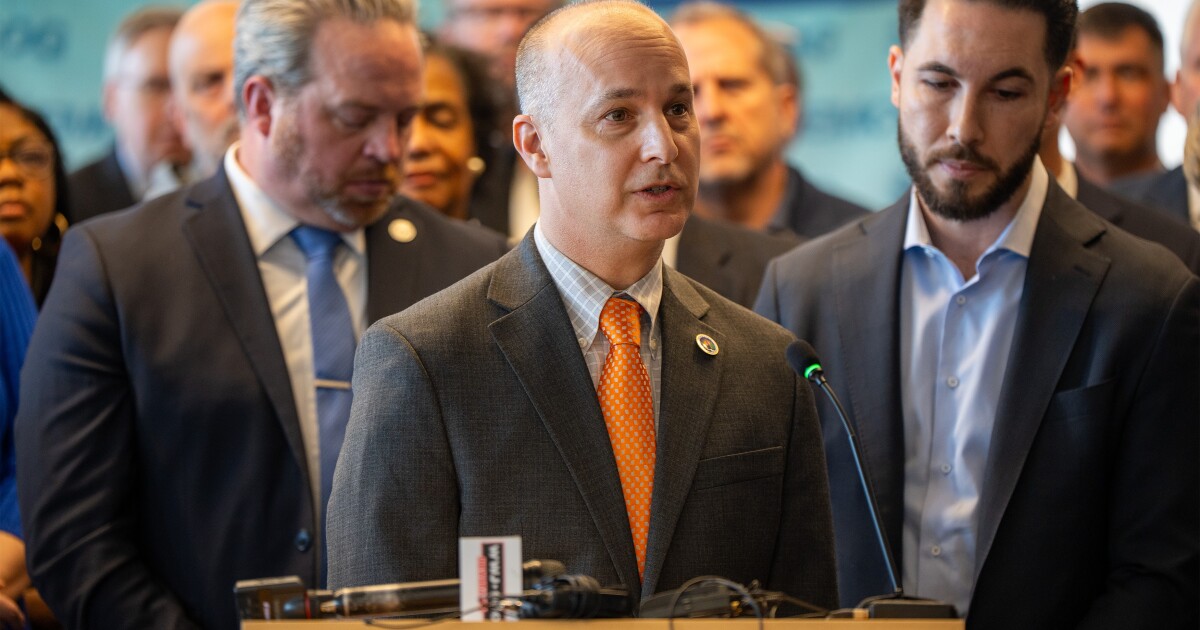Michigan Halts SNAP Benefits Amid Federal Government Funding Gap
In a significant move affecting many families, Michigan is suspending its food assistance program, commonly known as SNAP, for November. This step follows a directive from the U.S. Department of Agriculture’s Food and Nutrition Service, attributing the pause to a federal funding shortfall. Nearly 1.4 million Michiganders, or about 13% of the state’s households, depend on this crucial aid.
Elizabeth Hertel, director of the Michigan Department of Health and Human Services, expressed deep concern over the USDA’s decision, emphasizing that SNAP serves as a vital resource for Michigan families, supporting not just nutrition but also the local economy. “The impact of households losing SNAP benefits will be felt around the state,” she stated, acknowledging the challenge this poses to both families and the broader community.
Social Services Brace for Increasing Demand
Nonprofits and social service agencies are scrambling to meet the anticipated surge in demand. Fred Cabras from the Capuchin Soup Kitchen in Detroit described the suspension as “devastating” for working families, who are already strained by rising food costs. The organization is preparing for a significant increase in families seeking assistance, potentially rising to over 5,000 in the coming months.
Similarly, Kristin Olmedo from United Community Family Services noted a sharp rise in inquiries for their food pantry services, even before the official announcement. She highlighted the difficult choices families will face concerning essential needs like food, medicine, and heating.
Impact on Michigan’s Vulnerable Populations
SNAP plays a crucial role for many, particularly children and older adults. In Michigan, 43% of SNAP households have children, and more than a third include older adults. The average monthly benefit for these households was approximately $335 in the last fiscal year. Over 9,700 retailers participate in SNAP, with redemptions amounting to over $3.6 billion in 2023.
Legislative Responses and Challenges
The potential for state intervention remains uncertain. State Senator Sylvia Santana indicated that while state funding could temporarily cover SNAP benefits, it would require significant bipartisan support and financial resources. Some lawmakers are wary of the federal government not reimbursing the state if it steps in.
Meanwhile, Michigan’s federal representatives have called upon the Trump administration to utilize available funds to continue SNAP support. U.S. Rep. Shri Thanedar suggested using the USDA contingency fund, while Rep. Rashida Tlaib criticized the administration’s previous cuts to food assistance.
Republican representatives like John Moolenaar and Jack Bergman shifted some responsibility onto Democrats, citing their votes as contributing to the ongoing government shutdown.
Resources for Affected Families
Families seeking assistance can visit pantrynet.org or contact the Michigan 211 line for information on local food pantries and other support services.
—
Read More Michigan News









